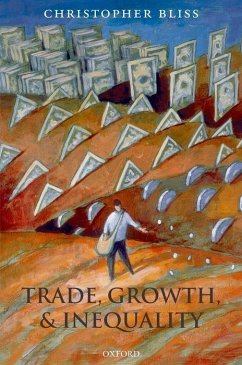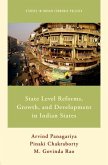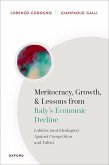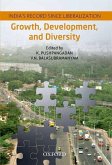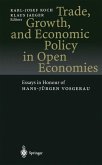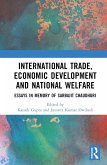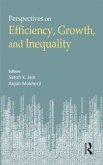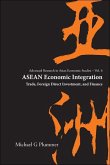Combining the fields of international trade theory, economic development, and economic growth, this text provides an advanced exposition suitable for graduate students as well as researchers at all levels. It combines mathematical rigour with an exceptional breadth of approaches, including institutions, history, and comparative economics. Existing research is exposited and evaluated, and numerous new results are included. The central themes of economic inequality, within and between nations, are discussed, as is convergence, or the reduction of inequality. Distinctive features of the volume include a radical re-evaluation of the theoretical basis of the economic convergence model proposed by Barro and Sala-i-Martin, a new generalization of the standard HOS model, and a new concept, the economic environment, designed to model the effects of institutions in a more analytical and micro-founded manner is discussed. Uniquely, the real world examples included focus not only on countries participating fully in globalized trade, like China, but also those countries and regions failing to fully participate, specifically the Arab world and sub-Saharan Africa. The text concludes with a discussion of current issues in world economic governance, particularly the IMF and limitations of the Washington consensus, showing that some criticism fails to confront fundamental difficulties.
This advanced text successfully links the two fields of trade theory and economic development. It combines mathematical rigour with an exceptional breadth of approaches, including institutions, history and comparative economics. Uniquely, the book focuses not only on countries participating in globalized trade but also those failing to participate.
Hinweis: Dieser Artikel kann nur an eine deutsche Lieferadresse ausgeliefert werden.
This advanced text successfully links the two fields of trade theory and economic development. It combines mathematical rigour with an exceptional breadth of approaches, including institutions, history and comparative economics. Uniquely, the book focuses not only on countries participating in globalized trade but also those failing to participate.
Hinweis: Dieser Artikel kann nur an eine deutsche Lieferadresse ausgeliefert werden.

